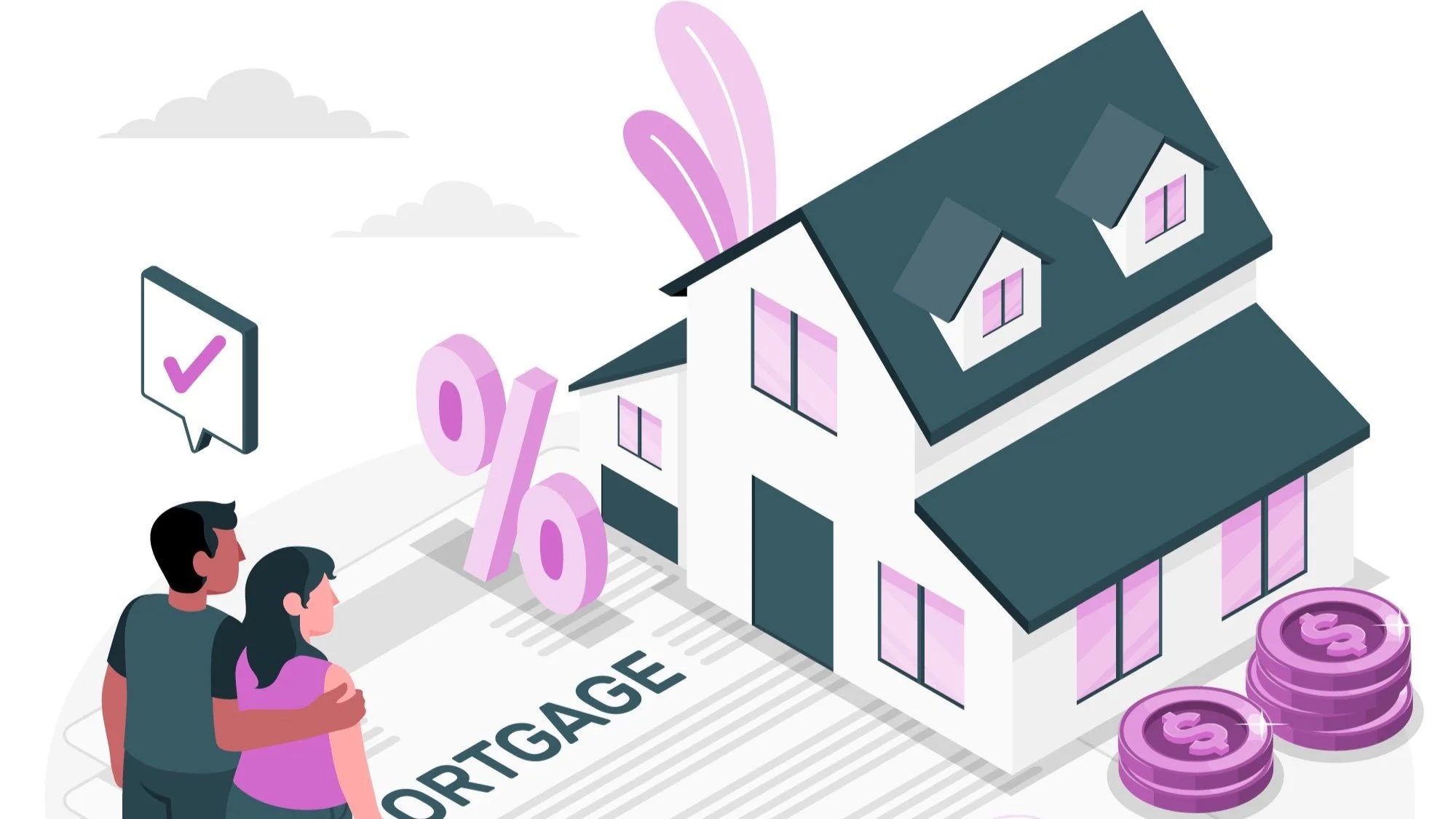Private Mortgages
What Is A Private Mortgage?
A private mortgage, also known as a private loan or private lending, is a type of loan agreement between individuals or entities, where the lender provides financing to the borrower for the purpose of purchasing or refinancing a property.
Private mortgages differ from traditional/conventional mortgages because in a private mortgage arrangement, the terms of the loan are negotiated directly between the lender and the borrower which can allow for greater flexibility.
Private mortgages can be an alternative financing option for borrowers who may face difficulties in obtaining loans from traditional lenders due to factors such as poor credit history, self-employment, or unique property situations. Private lenders may be more willing to consider unconventional circumstances and may place less emphasis on credit scores and income verification. Because private lenders consider borrowers that traditional lenders may not, they typically require a higher interest rate for the added risk and provide shorter loan terms.
Image by storyset on FreepikWhat Are Some Benefits Of A Private Mortgage?
Private mortgages offer several benefits for both borrowers and lenders. Some key advantages of private mortgages include:
Flexibility: Private mortgages provide greater flexibility in terms of loan terms, repayment schedules, and eligibility criteria. Borrowers can negotiate directly with the lender to tailor the terms to their specific needs, allowing for more customized agreements.
Faster Approval and Funding: Private mortgages often have quicker approval and funding processes compared to traditional bank loans. Private lenders can make lending decisions based on their own criteria, enabling borrowers to access funds more promptly, which can be crucial in time-sensitive situations.
Alternative for Borrowers with Unique Situations: Private mortgages serve as an alternative for borrowers who may not meet the strict requirements of traditional lenders. Individuals with less-than-perfect credit history, self-employed individuals, or those with unconventional property situations can find private mortgage lenders more willing to consider their circumstances.
Greater Approval Likelihood: Private mortgage lenders place less emphasis on credit scores and income verification. Instead, they focus more on the value of the property and the borrower's equity. This opens up opportunities for borrowers who may face difficulties in obtaining loans from traditional institutions.
Investment Opportunity for Lenders: Private mortgages offer an investment opportunity for individuals or entities looking to earn a higher rate of return on their capital. Lenders can earn interest income from the loan, potentially generating a better return than other investment options.
What Are The Risks Of Private Mortgages?
While private mortgages offer certain advantages, they also have some potential drawbacks that should be considered. Here are some cons associated with private mortgages:
Higher Interest Rates: Private mortgages often come with higher interest rates compared to traditional bank mortgages. This is because private lenders typically take on greater risk by providing financing outside the traditional banking system. Borrowers may end up paying more in interest over the life of the loan.
Shorter Loan Terms: Private mortgages commonly have shorter loan terms than traditional mortgages. This means borrowers may face higher monthly payments or need to refinance or secure alternative financing when the loan term ends, potentially incurring additional costs and fees.
Limited Consumer Protection: Private mortgage loans may not offer the same level of consumer protection as traditional bank loans. Regulations and oversight applicable to traditional lenders may not apply to private lenders, which can expose borrowers to potential risks or predatory lending practices.
Lack of Credit Building: Private mortgage loans may not contribute significantly to building a borrower's credit history. Since private lenders often have less reporting to credit bureaus, timely payments on a private mortgage may not have the same positive impact on credit scores as payments on traditional loans.
Exit Strategy Considerations: Borrowers should have a clear plan for repaying the private mortgage when the loan term ends – especially since terms are usually, relatively short. Without a well-defined exit strategy, borrowers may face challenges in refinancing or securing alternative financing, potentially leading to financial difficulties.


